Some of Germany's biggest industrial groups have begun making deep and lasting cuts to all types of costs, acknowledging that persistent headwinds such as higher energy prices and sluggish economic growth now require structural changes.
“We are not simply postponing investments,” BASF SE CEO Martin Brudermüller said late last month as he announced plans to cut investment by nearly 15% over the next four years. “We are reducing the number of projects and taking alternative measures to reduce capital expenditure.”
German industrial giants from BASF to Volkswagen AG are facing a new reality after decades of profiting from Russian gas, absurdly high demand for their goods from Chinese consumers, and low interest rates.
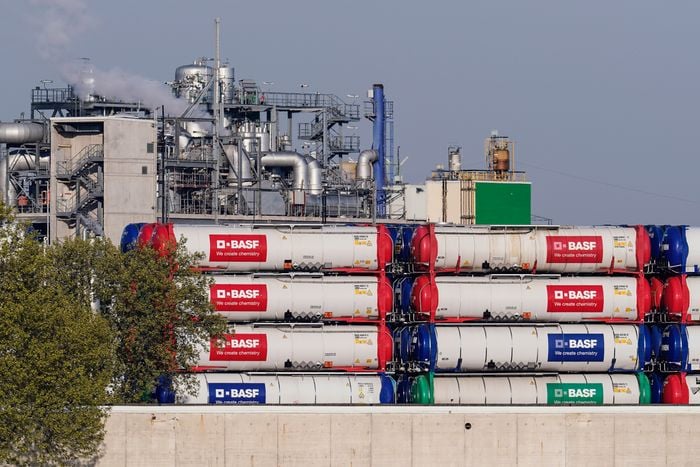
The production center of chemical giant BASF in Ludwigshafen, Rheinland-Pfalz state, Germany. Photo: WSJ
It is the Eurasian giant’s cheap energy that has brought Germany two decades of remarkable economic success. For years, the Western European nation has been the world’s export champion, and “Made in Germany” products have become the global standard for quality.
But challenges that have been building for years are no longer seen as temporary problems.
The “headwinds”
Without cheap Russian gas coming through the pipeline, German industry now has to rely on more expensive liquefied natural gas (LNG), making production more expensive while orders stagnate. As a result, workers are starting to feel the real effects.
“The lack of new orders continues to have a negative impact,” said Klaus Wohlrabe, head of the survey at the Ifo Institute for Economic Research. “Energy-intensive sectors in particular are planning to cut staff.”
German steelmaker Kloeckner & Co SE said late last month it was cutting jobs after lowering its 2023 outlook. Chemical company Lanxess AG is cutting 7% of its workforce due to rising energy prices and falling global demand.

A liquefied natural gas (LNG) receiving point near Wilhelmshaven, Lower Saxony, Germany. Photo: Getty Images
According to a recent survey by the Ifo Institute, industrial employment intentions in Germany are at their lowest level since the early months of the Covid-19 pandemic.
At the same time, companies are facing a slowdown in global demand, especially in China, which has driven industry profit growth in recent years. That trend is a blow to Germany’s biggest exporters, such as the auto industry.
Shares in Mercedes-Benz Group AG fell last week after the German automaker reported falling profit margins and inflation that raised the cost of everything from parts to labor. Auto giant Volkswagen also said it was doubling down on cost-saving efforts.
Germany's total economic output contracted in the third quarter of 2023, according to the German Federal Statistical Office (Destatis). This increases the risk that Europe's largest economy will sink deeper into recession. Germany is also the only major economy among the G7 countries that the International Monetary Fund (IMF) predicts will shrink this year.
Uncertain outlook
BASF, which reported third-quarter results in late October, said its sales fell across all geographic regions, particularly in Germany. The chemical giant said it now expects sales to be at the lower end of its 73-76 billion euro range for the year. BASF plans to reduce total investments over the next four years to 24.8 billion euros from an initial 28.8 billion euros.
BASF is also increasing the scale of its cost-savings plan in logistics areas. Total annual savings will now total €1.1 billion by 2026 across production and management, up from the €500 million the company announced in February this year.
The German Chemical Industry Association (VCI) expects industry output to fall by 11% in 2023, excluding pharmaceuticals. Meanwhile, the European Chemical Industry Council (CEFIC) predicts an 8% industry-wide decline this year and does not expect demand to recover.
“Energy-intensive companies in this sector cannot continue to survive for long with high energy costs threatening their existence in the German market itself,” VCI President Markus Steilemann said earlier last month in a call for federal government assistance to cope with the current high energy costs.
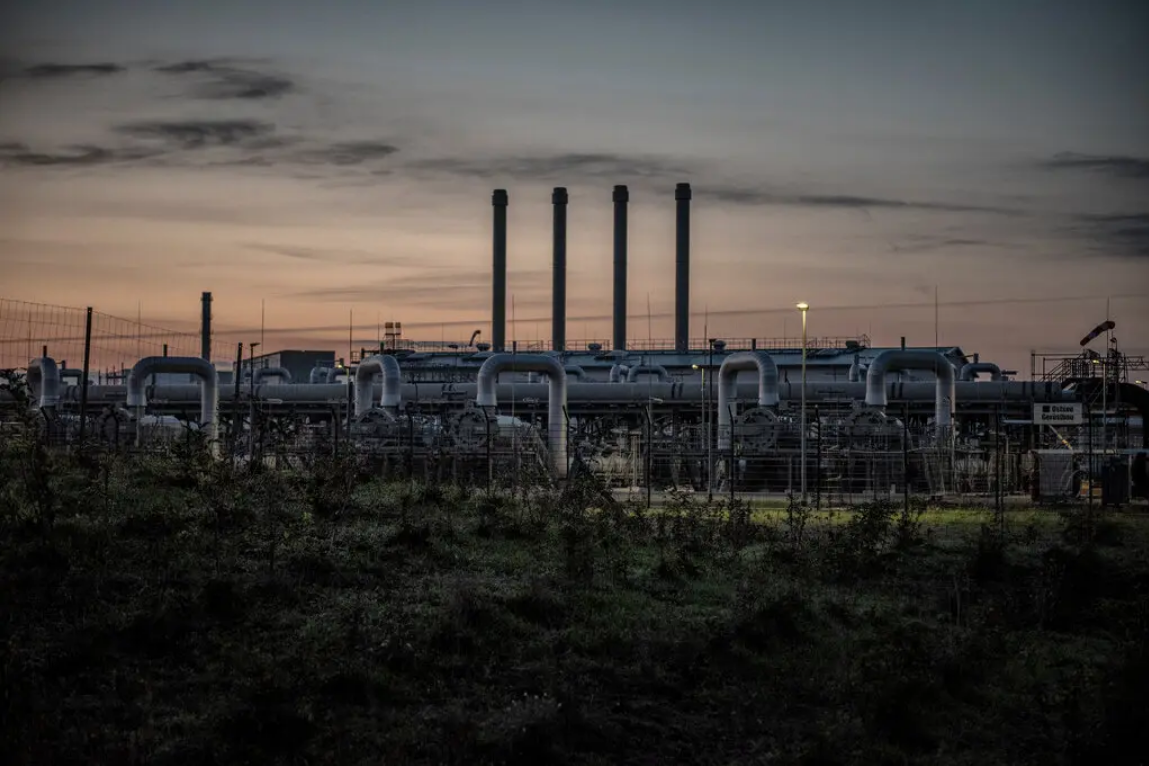
The Nord Stream 2 gas pipeline in Lubmin, Germany. The pipeline carrying Russian gas across the Baltic Sea to Western Europe was completed in 2019 but never put into operation, having been damaged in mysterious explosions in September 2022. Photo: NY Times
Similarly, the Federation of German Industries (BDI) has also repeatedly warned that energy-intensive businesses could be forced to relocate abroad if nothing changes.
“If there were no longer a chemical industry in Germany, it would be an illusion to think that the transformation of chemical plants would continue in Germany,” said Siegfrid Russwurm, President of BDI.
Jürgen Kerner, Vice President of the German Metallurgical Association (IG Metall), added that medium-sized family-owned companies currently have “no prospect of continuing their business”.
According to him, aluminum smelters are shutting down production, foundries and forges are losing orders, creating uncertainty. IG Metall's subsidiaries are seeing a growing number of companies becoming insolvent and having to plan layoffs and business closures .
Minh Duc (According to Bloomberg, DW)
Source








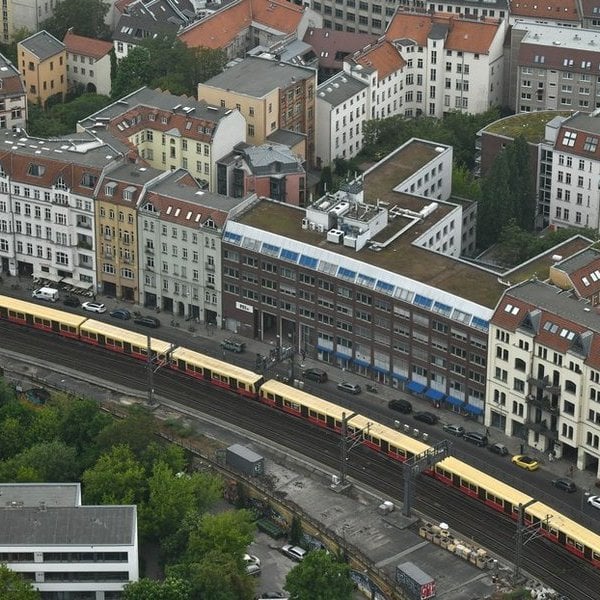
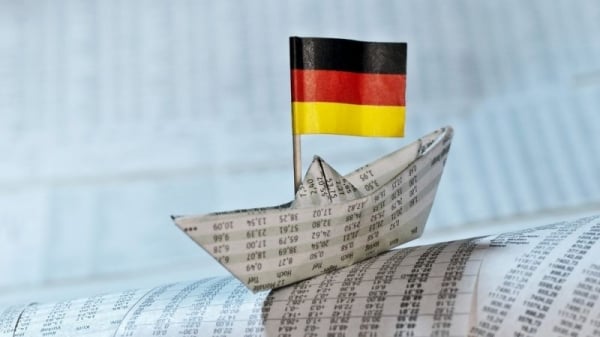

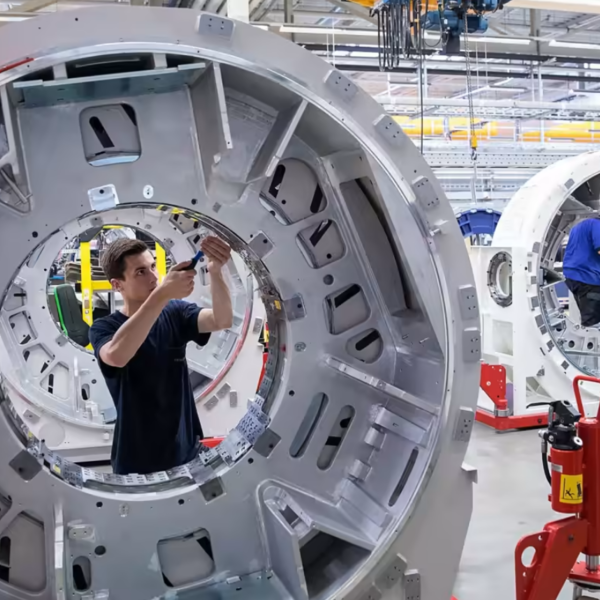
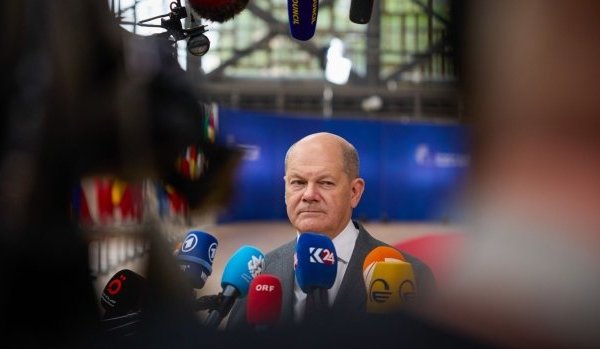
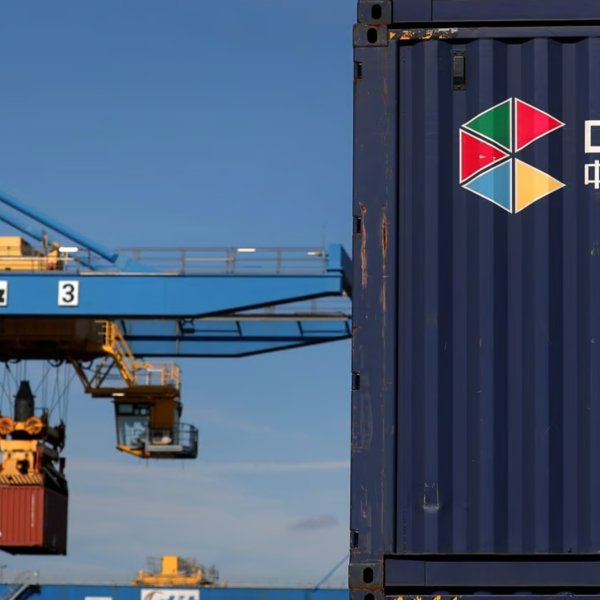

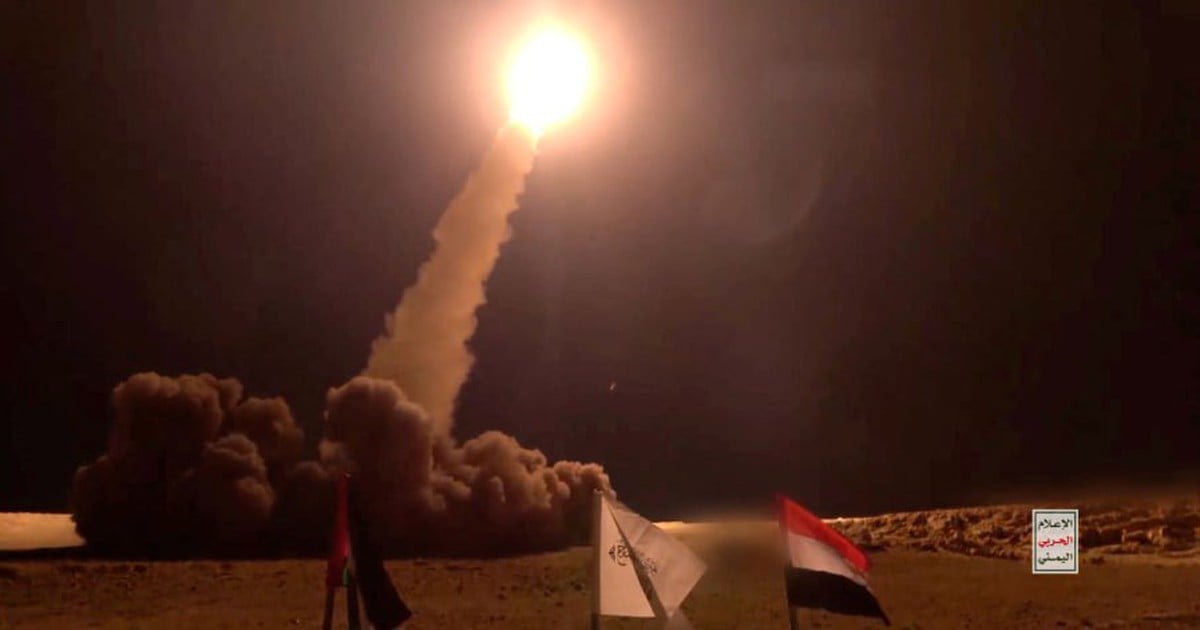





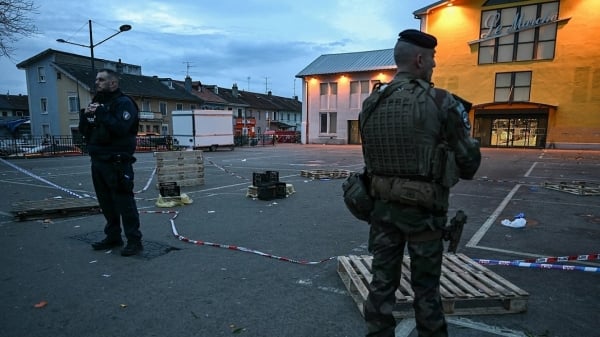



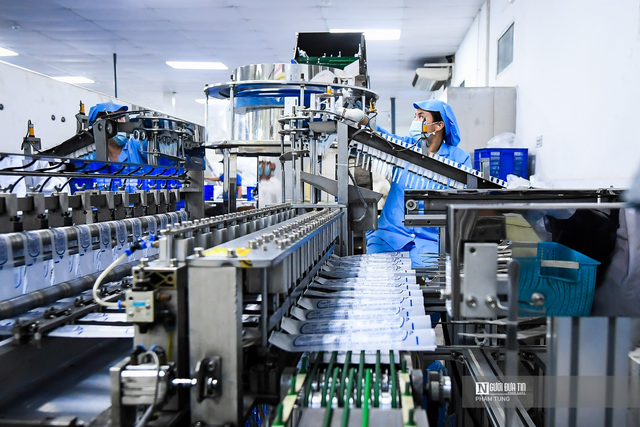











![[Photo] Prime Minister Pham Minh Chinh chairs Government Conference with localities on economic growth](https://vstatic.vietnam.vn/vietnam/resource/IMAGE/2025/2/21/f34583484f2643a2a2b72168a0d64baa)




























































Comment (0)